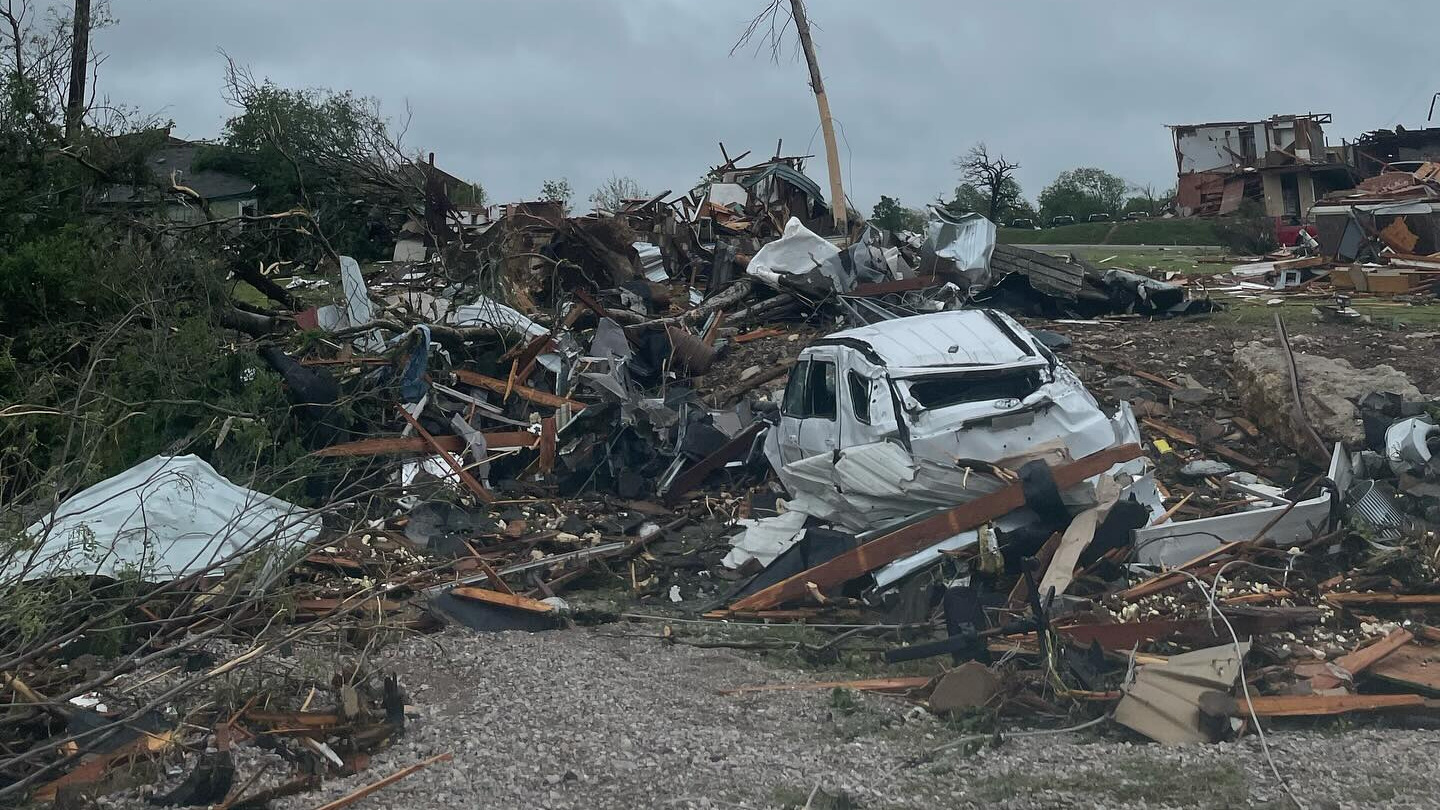The Trump administration said Monday it's not seeking to overthrow North Korea's government after the president tweeted that Kim Jong Un "won't be around much longer" and called Pyongyang's assertion absurd that Donald Trump's comment amounted to a declaration of war.
Still, the fiery rhetoric carrying over from a week of threatening exchanges at the U.N. General Assembly only further fueled fears the adversaries might stumble back into open military conflict. The Korean War ended seven decades ago without a formal peace treaty and tensions related to the North's nuclear advances have escalated for months.
At the U.N. on Monday, the North's top diplomat, Ri Yong Ho, argued that Trump's Twitter blast gives it the right to shoot down U.S. warplanes, like the strategic bombers Washington flew close to the border between the two Koreas over the weekend.
Trump's Saturday tweet said: "Just heard Foreign Minister of North Korea speak at U.N. If he echoes thoughts of Little Rocket Man, they won't be around much longer!" Trump also used "rocket man" for Kim in his speech to the U.N. General Assembly last week.
While the comments may be read as an implicit threat to eliminate Kim, administration officials said Washington hadn't changed its policy and the U.S. isn't seeking regime change in Pyongyang.
"We have not declared war on North Korea. Frankly the suggestion of that is absurd," White House spokeswoman Sarah Huckabee Sanders told reporters. "It's never appropriate for a country to shoot down another country's aircraft when it's over international waters."
"Our goal is still the same. We continue to seek the peaceful denuclearization of the Korean Peninsula," she said.
U.S. & World
Cabinet officials, particularly Secretary of State Rex Tillerson, have insisted the U.S.-led campaign diplomatic and economic pressure on North Korea is focused on eliminating the pariah state's nuclear weapons program, not its totalitarian government.
But the more Trump muddies the picture, the tougher it may become to maintain cooperation with China and Russia, which seek a diplomatic solution to the nuclear crisis and not a new U.S. ally suddenly popping up on their borders. It also risks snuffing out hopes of persuading Kim's government to enter a negotiation when its survival isn't assured.
Military maneuvers are adding to tensions along the two Koreas' heavily militarized border. In a show of might to North Korea, U.S. bombers and fighter escorts flew Saturday to the farthest point north of the border between North and South Korea by any such American aircraft this century.
Pentagon spokesman Army Col. Rob Manning said Monday the operation was conducted in international airspace and legally permissible. The U.S. has a "deep arsenal of military options to provide the president so that he can then decide how he wants to deal with North Korea," he said.
"We are prepared to defend ourselves and our allies from an attack and are prepared to use the full range of capabilities at our disposal against the threat from North Korea," Manning told reporters.
North Korea's Ri said Monday that the world doesn't want "the war of words" between his country and the U.S. to "turn into real action." He said Trump's claim that "our leadership wouldn't be around much longer" exacerbates the situation.
"Given the fact that this comes from someone who is currently holding the seat of (the) United States presidency, this is clearly a declaration of war."
North Korea has responded to past U.S. slights by equating them to declarations of war — a state that still formally exists between them because the 1950-53 Korean War ended with an armistice, not a formal peace treaty.
In 2013, North Korea declared its relations with South Korea, a close U.S. ally, in a "state of war" after U.S. and international condemnation of a nuclear test explosion. Three years later, North Korea said U.S. sanctions on leader Kim and other top officials were tantamount to a war declaration. After that, the North severed a tenuous diplomatic channel to the State Department, which was renewed once Trump took office.
"What we see is another case of North Korean 'coercion by bluster'," said Bruce Bennett, a Rand Corp. analyst. "The North Korean regime is trying to convince the United States and President Trump in particular to back down."
A rapid series of missile and nuclear tests this year have raised alarm that North Korea is nearing its longstanding ambition of having an arsenal of weapons of mass destruction capable of striking the United States.
The General Assembly gathering, usually a time for diplomacy, has only added to global unease over the nuclear standoff. In his first U.N. speech, Trump threatened to destroy Korea if it attacks the U.S. or its allies. Kim responded with a rare statement, calling Trump "deranged" and warning of a stern "countermeasure."
Hours later, Ri said the North's response could be to detonate a hydrogen bomb in the Pacific. Its past nuclear tests have been underground inside North Korea.



